The Healing Benefits of Hot Water
Hot water has been used for centuries to help people feel better, relieve pain, and get rid of stress. Spas are the perfect place to relax in hot water, as spending time in a spa is the ultimate way to decompress and relieve aches and pains.
There are numerous hydrotherapy health benefits. However, it’s important to know your ideal hot tub temperature. And also to be aware of the risks associated with soaking in hot water for an extended period of time.
Learning the ideal water temperature for you can ensure that you are getting the most out of your spa.
IMPORTANT: If you suffer from any health issues, especially heart problems, consult your doctor before using a spa. Your doctor may recommend relaxing at a lower temperature. It’s also important to stay hydrated, so keep a bottle of water nearby.
What Should Your Hot Tub Temperature Be?
Personal Preference for your hot tub temperature
Your perfect hot tub Temperature will probably vary depending on when you’re soaking and where. A good rule of thumb though is to start your water temperature off at the average normal body temperature, 98.6°F (37°C). From this baseline, slowly increase the temperature until you’re comfortable.
Recommended guidelines for tub water temperature
There are recommended guidelines for hot tub temperature. Although individual ideal temperature may differ based on age, health, and preference.
>Set your spa controls to 37.5—39° and as you soak, adjust the temperature gradually. If you feel the need to get out or sit on the cooling step after a couple of minutes, that means the water temperature is too high.
Consider a hot tub experience for everyone
Consider everyone's age and health when soaking with others, and set a temperature that everyone can agree on.
Set Your Hot Tub Temperature Setting
Spa water temperatures range anywhere from 32-40 degrees Celsius. Never exceed 40 degrees celsius in your hot tub. Temperatures exceeding 42 degrees celsius can potentially lead to heat stroke. Also keep in mind that your age and health can also change the safe temperature zone.
The Ideal Hot Tub Water Temperatures
Here are some guidelines on setting your spa or swim spa temperature.
For Healthy Adults: For most healthy adults a temperature for most is 37 degrees c. This is safe for the majority of spa owners. You will enjoy a wonderful sense of relaxation and all the advantages of warm water therapy at this temperature.
Babies: Babies should not be taken into hot spas. Baby bodies can heat to unsafe temperatures, and they can’t communicate their discomfort.
Pregnant Women: If you are pregnant, consult your doctor before using a spa. Women do not want their body temperatures to reach 140 degrees Celsius while they are pregnant. This increases the risk of foetal harm during the first three months of pregnancy. Limit the amount of time you spend in the hot water, and never exceed a temperature of 40 degrees celsius.
In Winter: In the colder winter months, your spa can become a wonderfully warm and relaxing experience in your own backyard. Remember to never exceed a temperature of 40 degrees celsius, and drink plenty of water before and after your spa session.
In Summer: In the warmer months, keeping your spa temperature below 32 degrees can be refreshing and relaxing, as the slightly warm water will refresh you while making you feel relaxed.
For Kids: Kids never stop moving, so make sure the water is not so warm they overheat. During longer spa sessions it's recommended to have children sit in the cool-down seats which aren’t as deep in the water.
For Older Adults: Older adults who suffer from health issues, particularly heart problems should consult a doctor before using a hot water spa. A doctor may recommend relaxing in your spa with a lower temperature. It’s also important to stay hydrated, drinking water before, during and after your spa session.
Save Energy
A spa however doesn't need to be expensive to run. Here are some ways to keep your energy bills down all year long.
Choose an energy-efficient spa. This is one of their biggest concerns when purchasing a hot tub. Spas Wholesale Spas are a great choice~. They have been designed to be effiecient and can be operated all year around whole saving as much energy as possible.
Reduce the temperature of your hot tub. Reducing the temperature by just one degree can save you up to 10 per cent on spa energy bills.
Turn the spa off when you are not using it. This will of course help reduce hot tub running costs by reducing energy consumption.
Use Your Spa Cover. One of the easiest ways to save money on your energy bill is to use your spas cover. The cover acts as a double-insulating blanket, trapping in heat and ultimately reducing heating costs.
Summing it Up
Keep in mind that your age and health can also change the safe temperature zone. And if you suffer from any health issues, especially heart problems, consult your doctor before using a spa. Don't forget to ease yourself out of your spa after longer spa sessions. Your body has been in a deep state of tranquility, so mind your motor skills when getting out.
More Articles from Spas Wholesale
- 5 Things to Consider When Buying A Spa
- Choosing the Perfect Hot Tub Gazebo or Enclosure
- Top 10 Spa Health Benefits
- Spa & Swim Spa Do's and Don'ts
- Balancing Spa pH Levels
- What causes hot tub scum
- A guide to spa water temperature
- Spa clear user guide
- Spa safety considerations
- Spa water temperature guide
- How to prevent spa algae
- Keeping your spa water balanced
- Starting the spa with new water



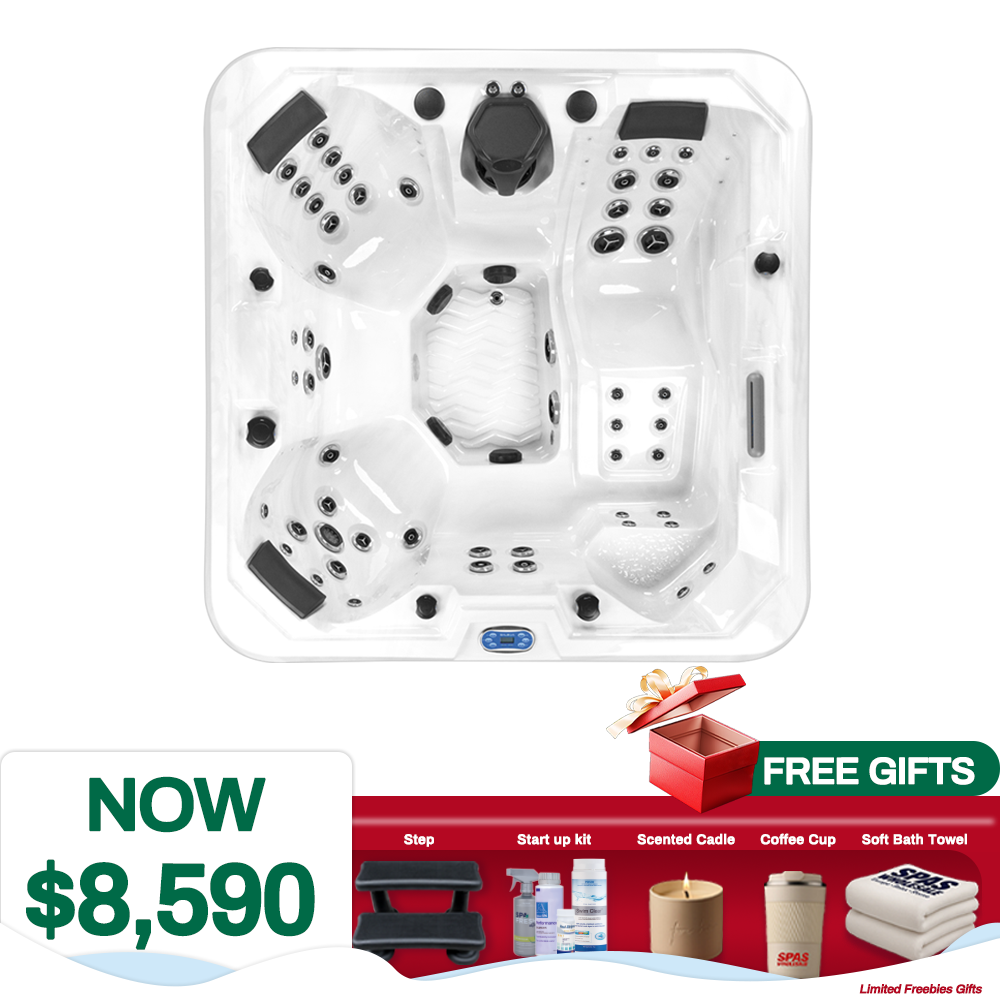

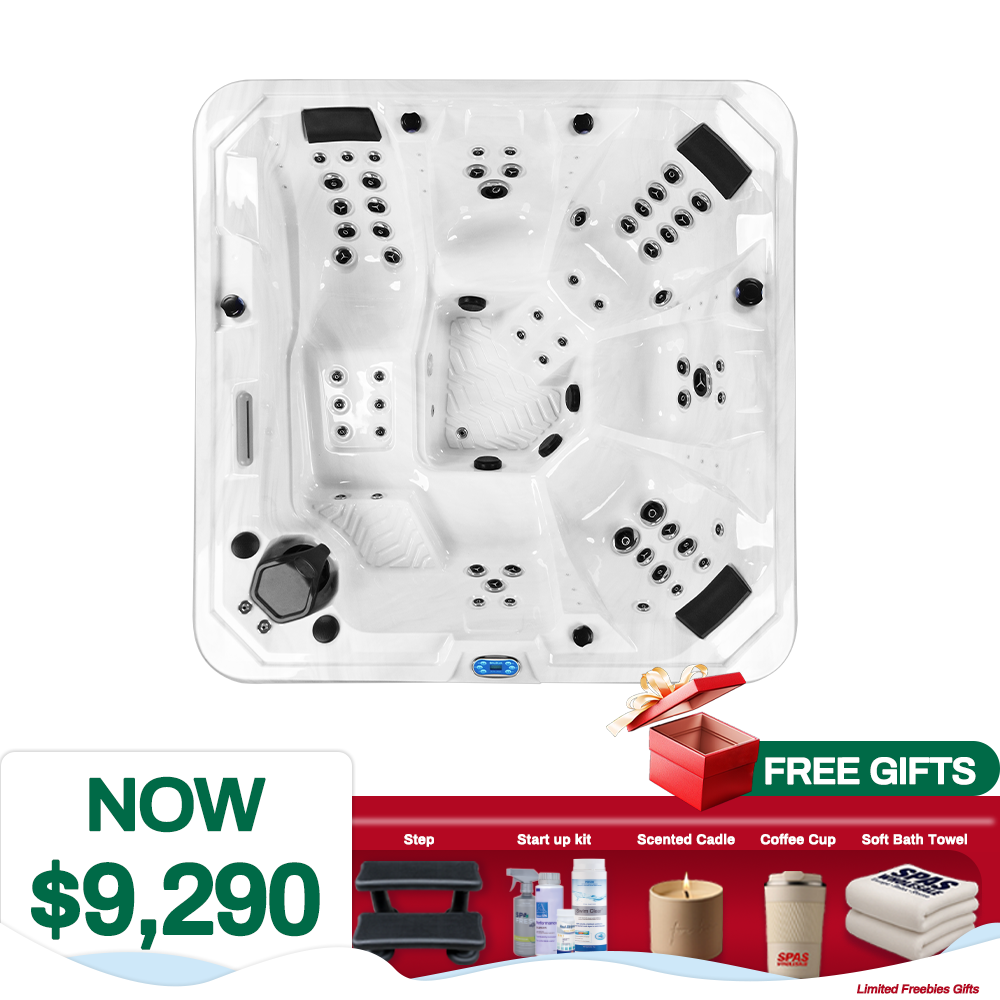
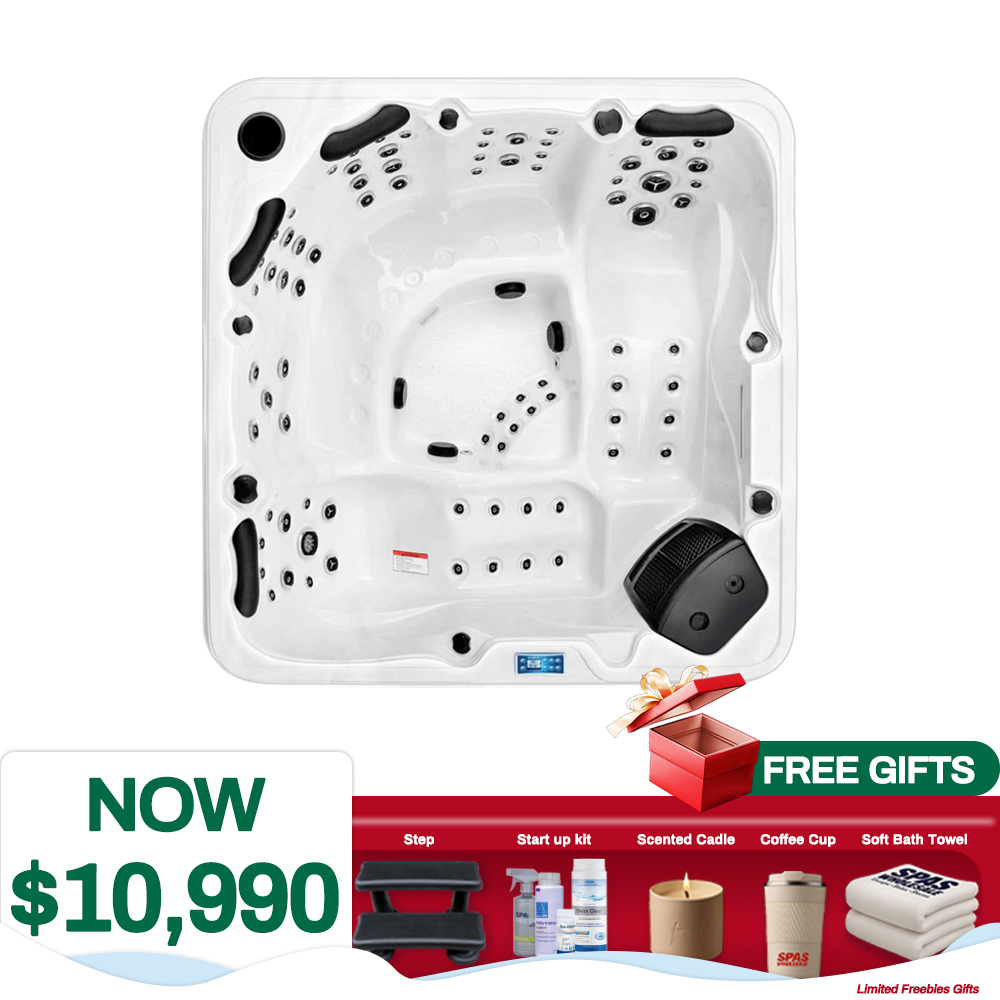

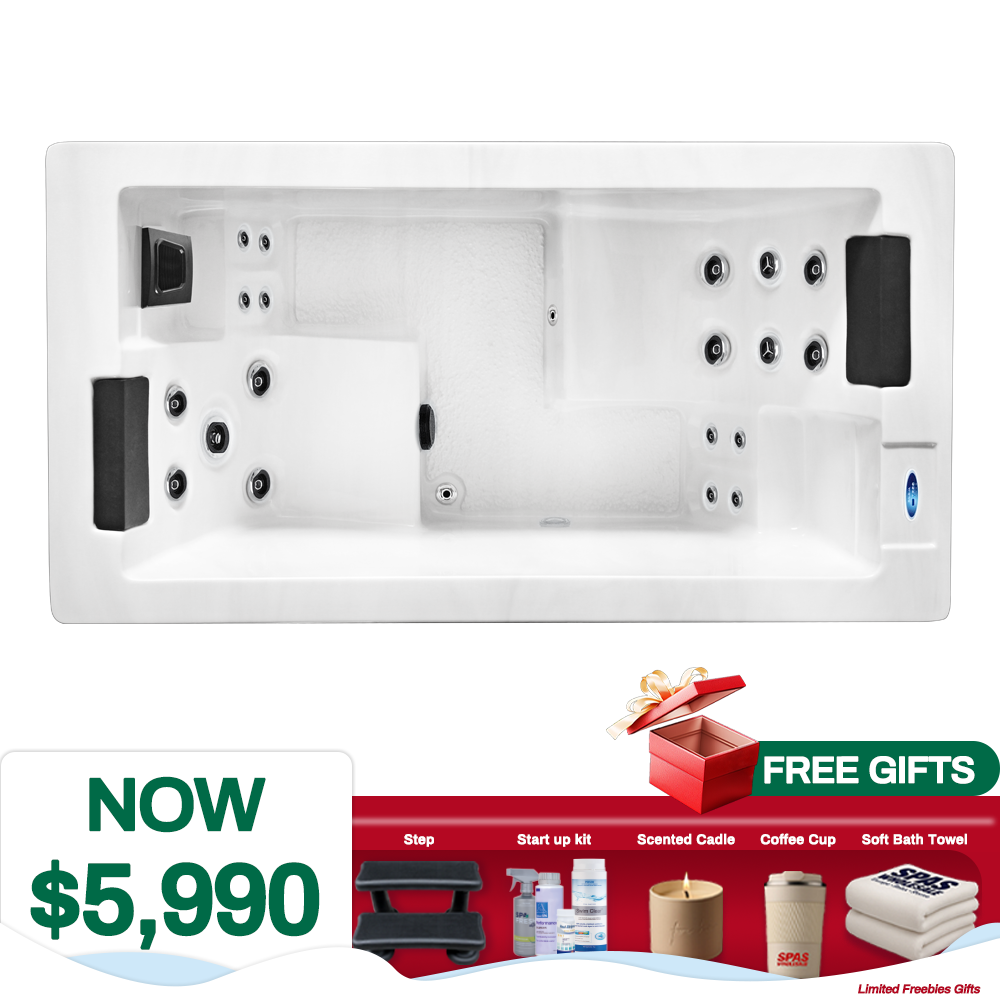

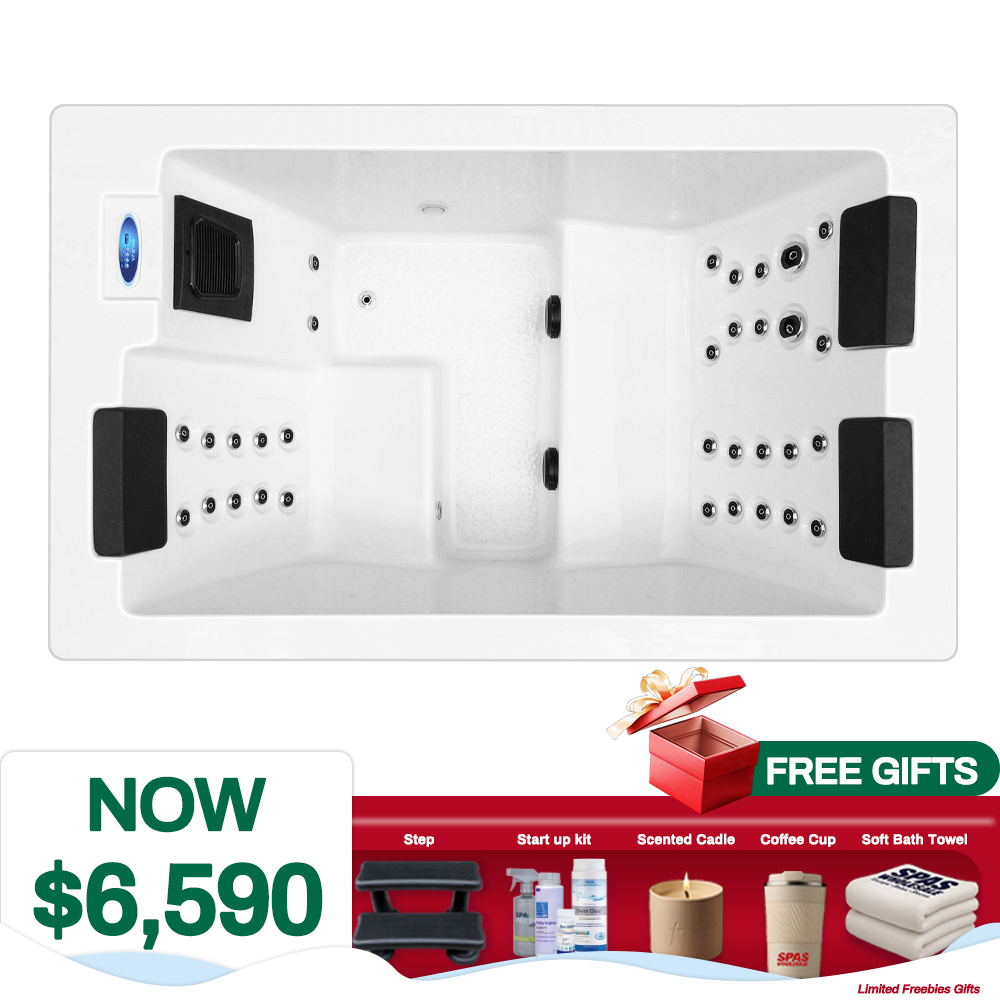


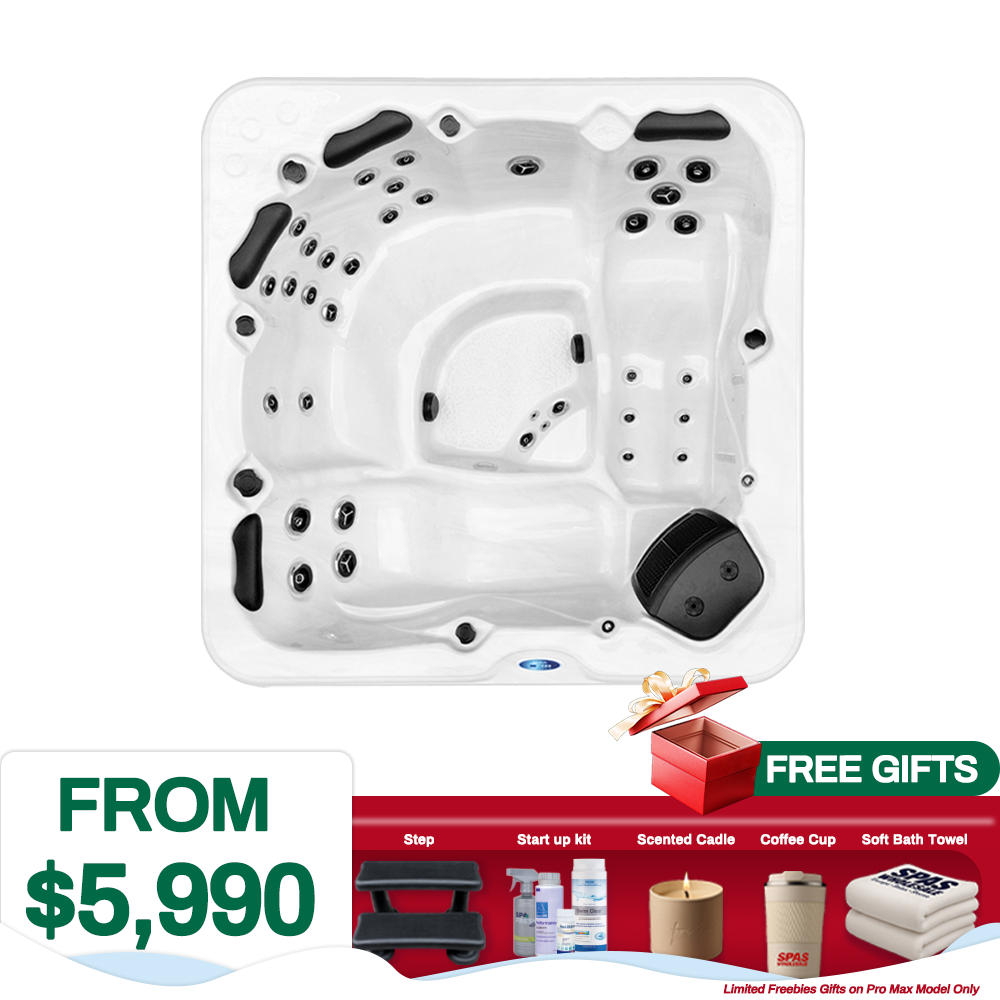
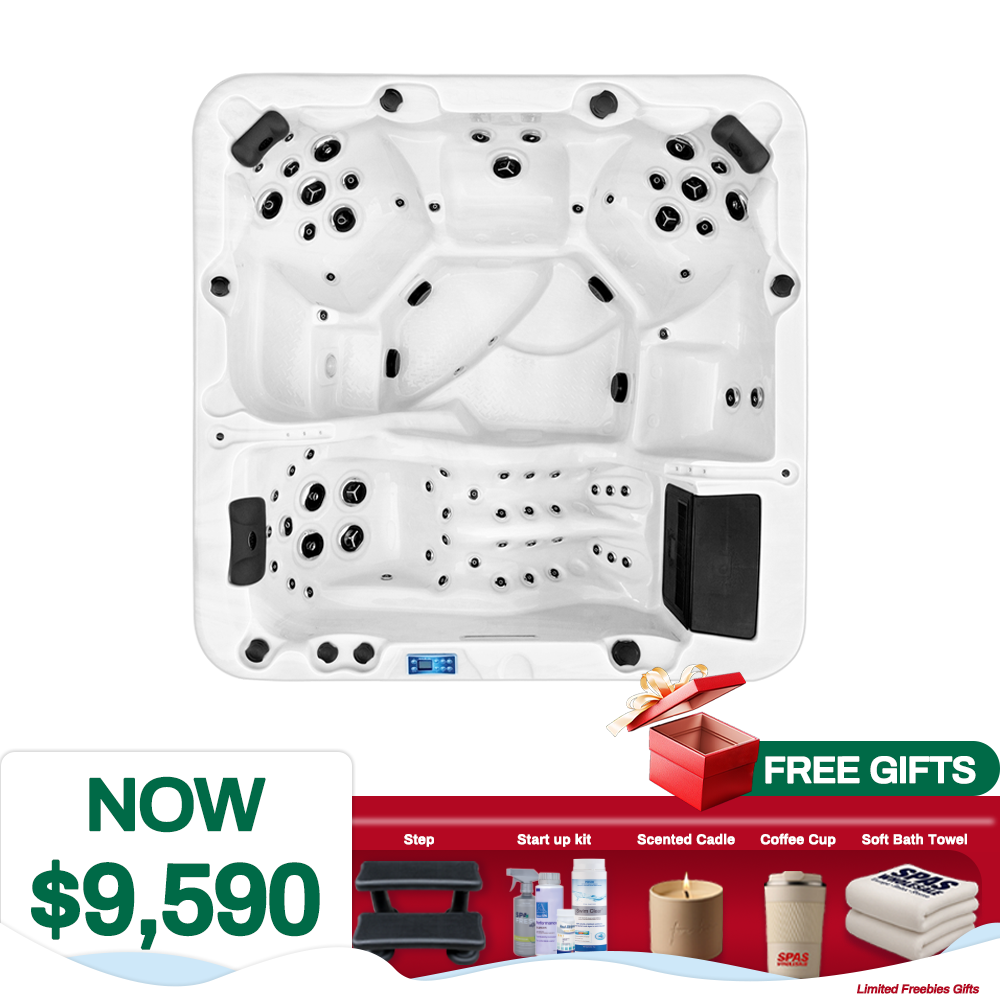
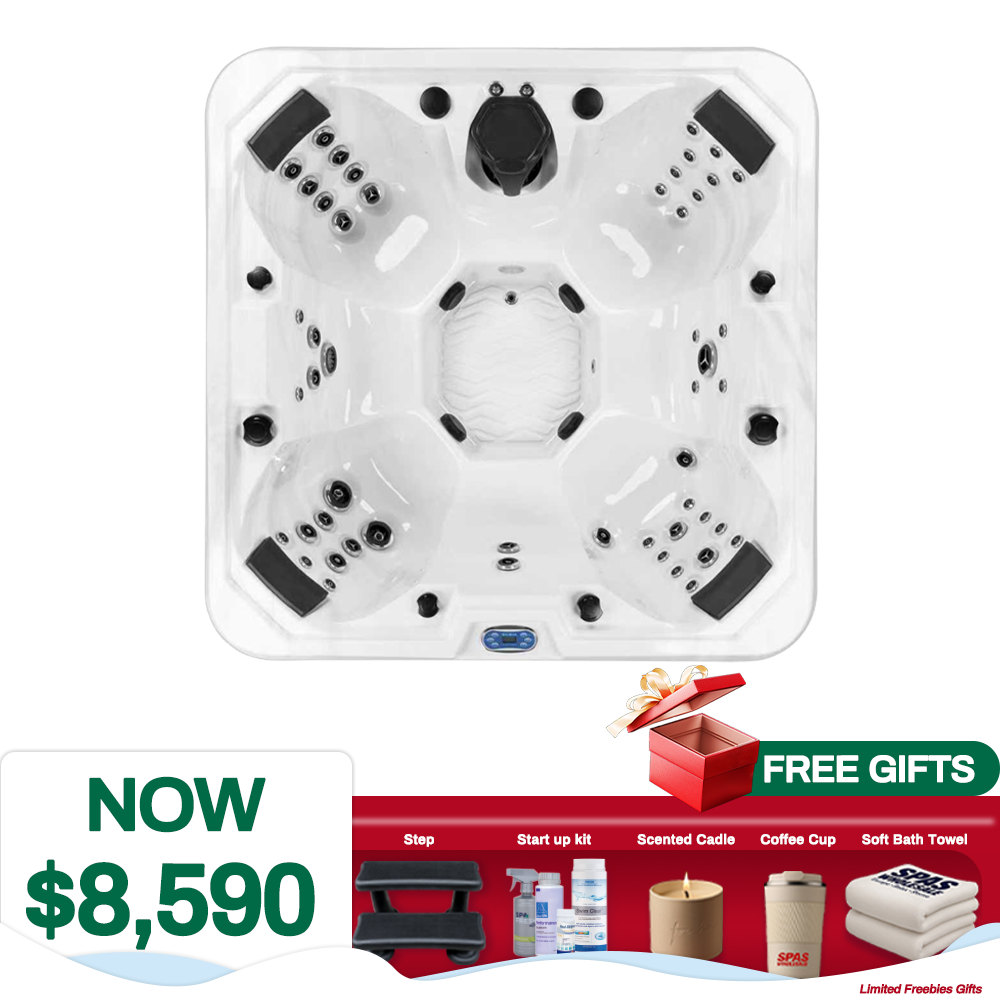
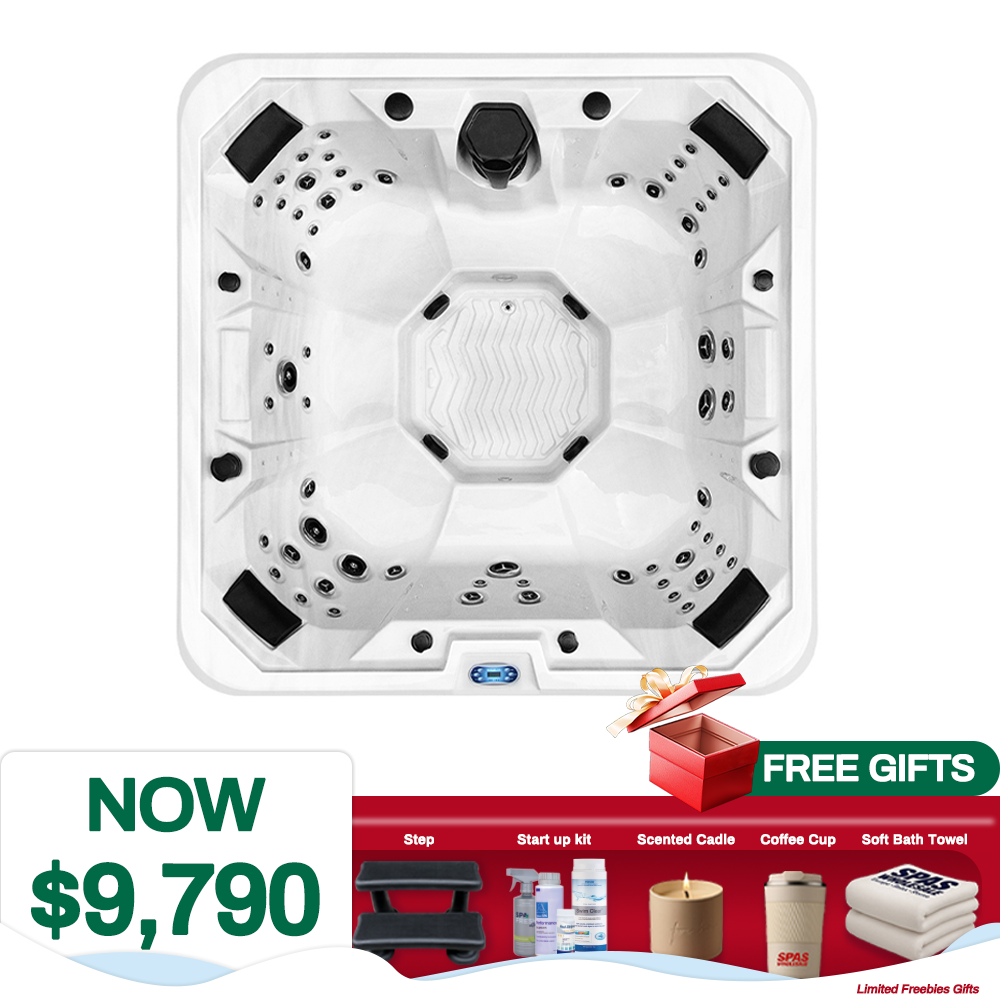
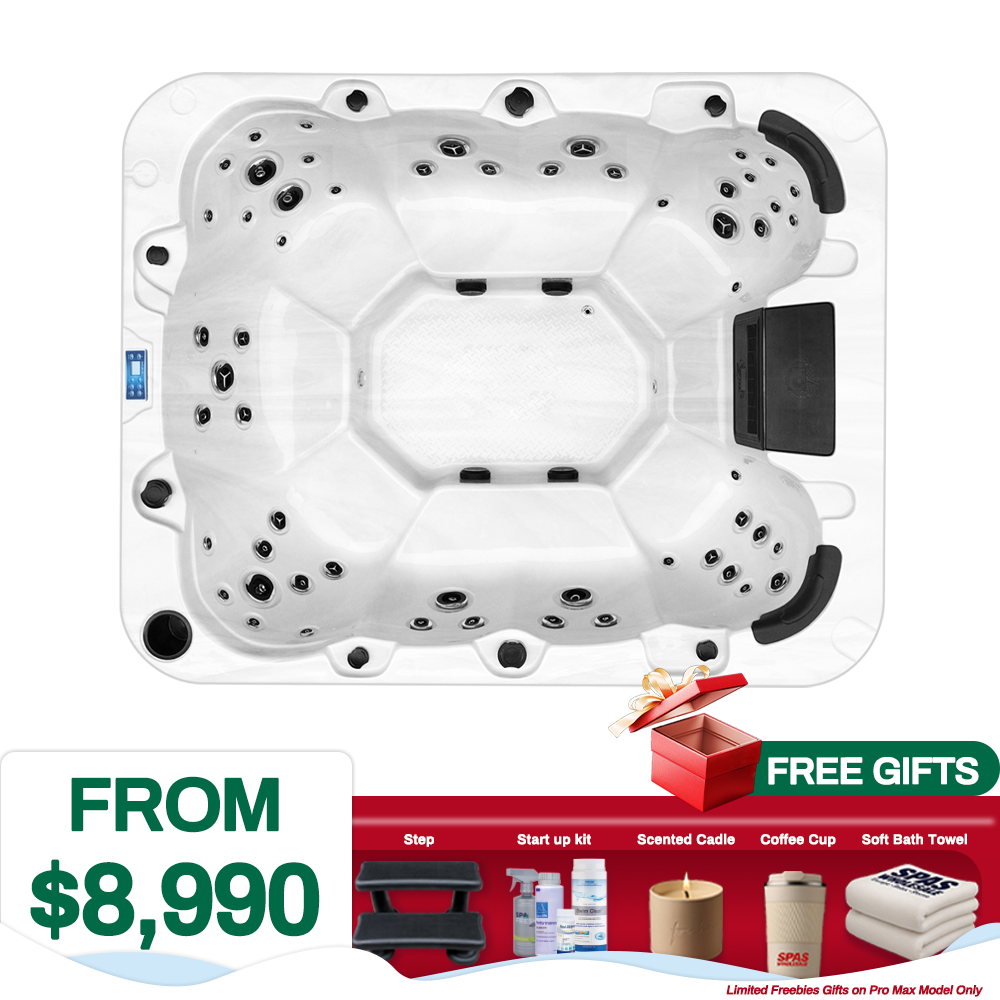
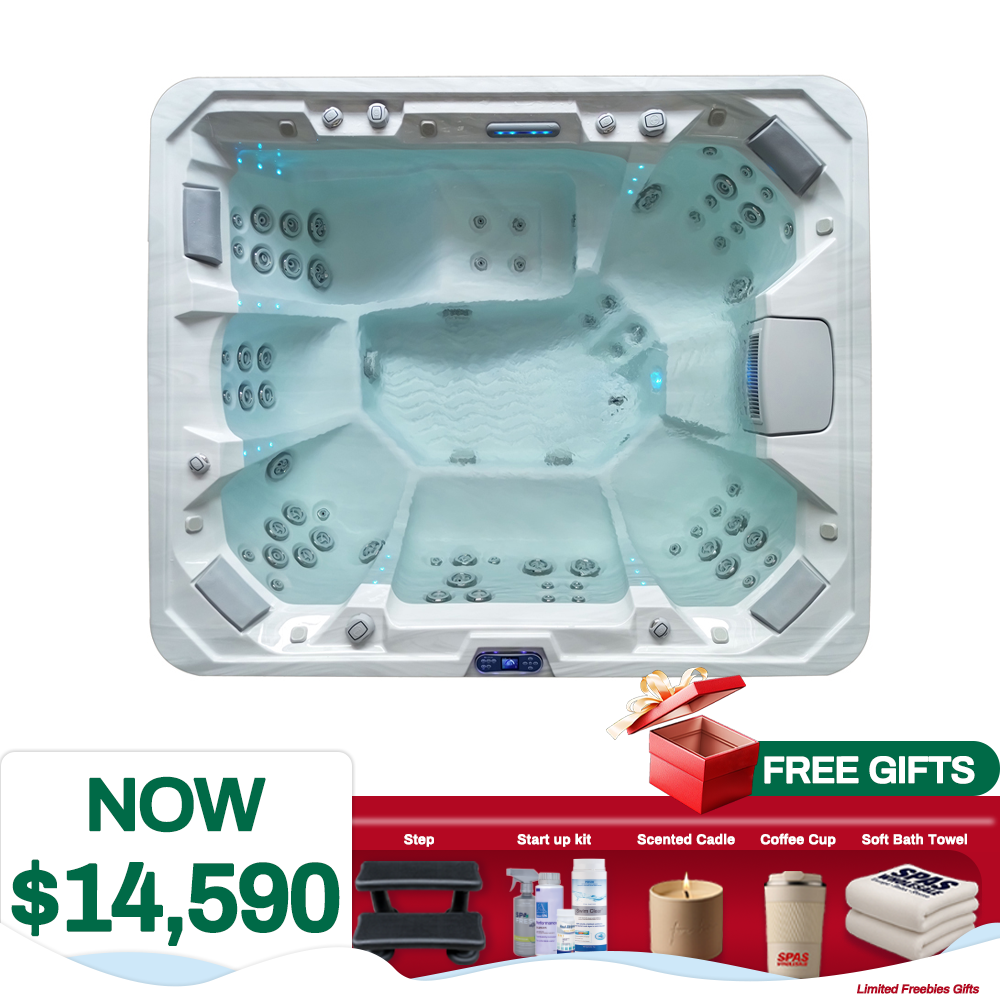
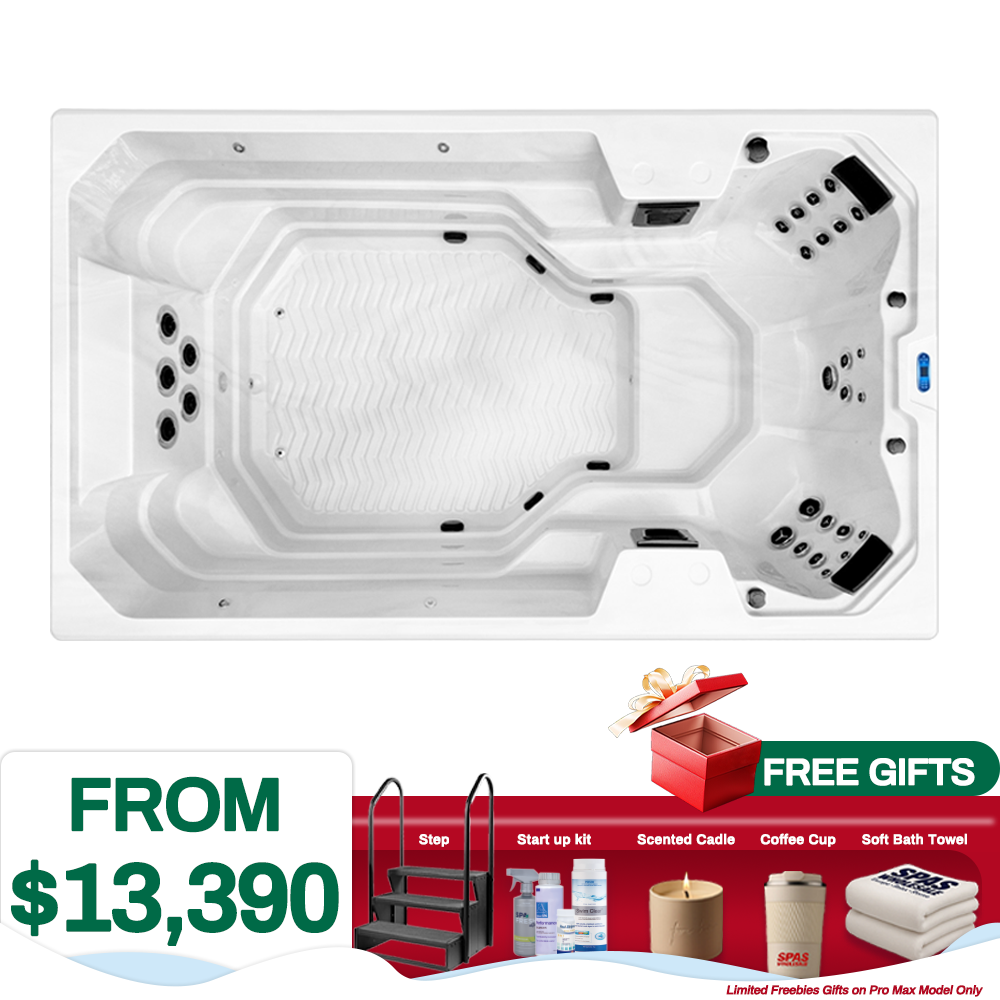
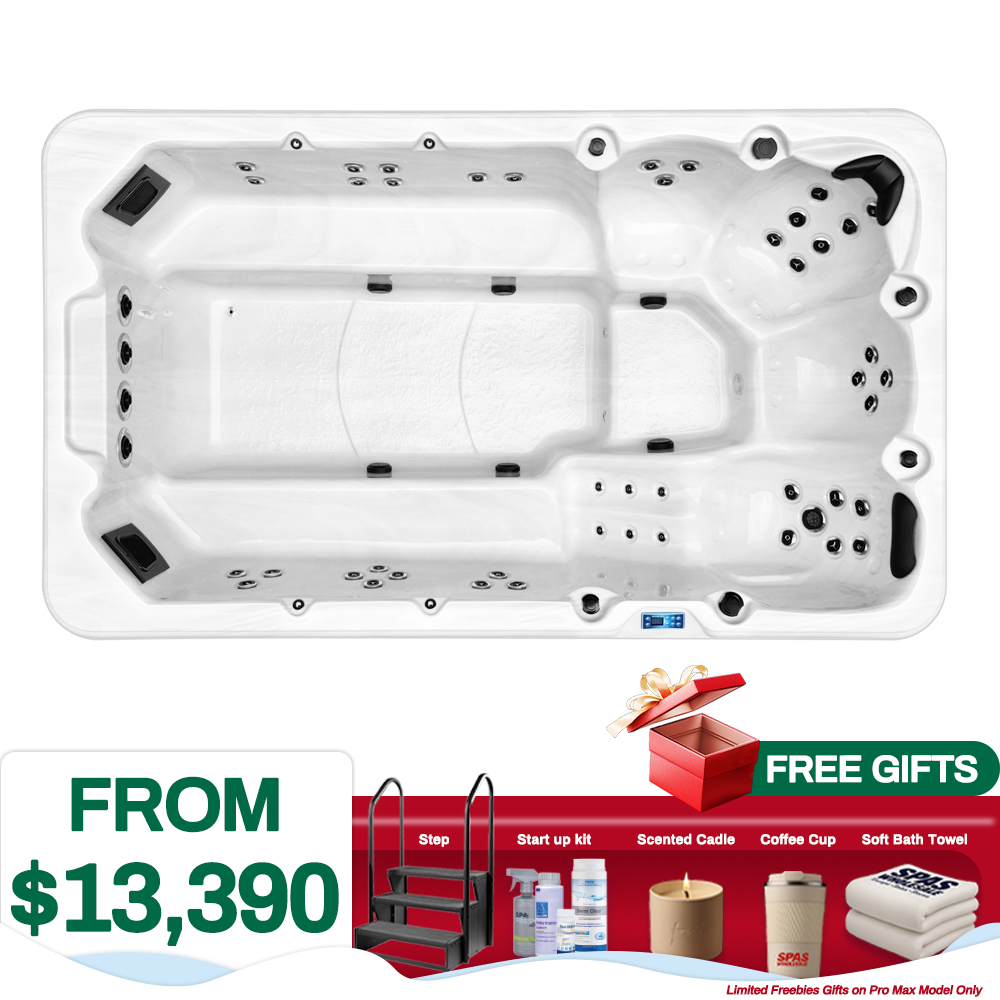
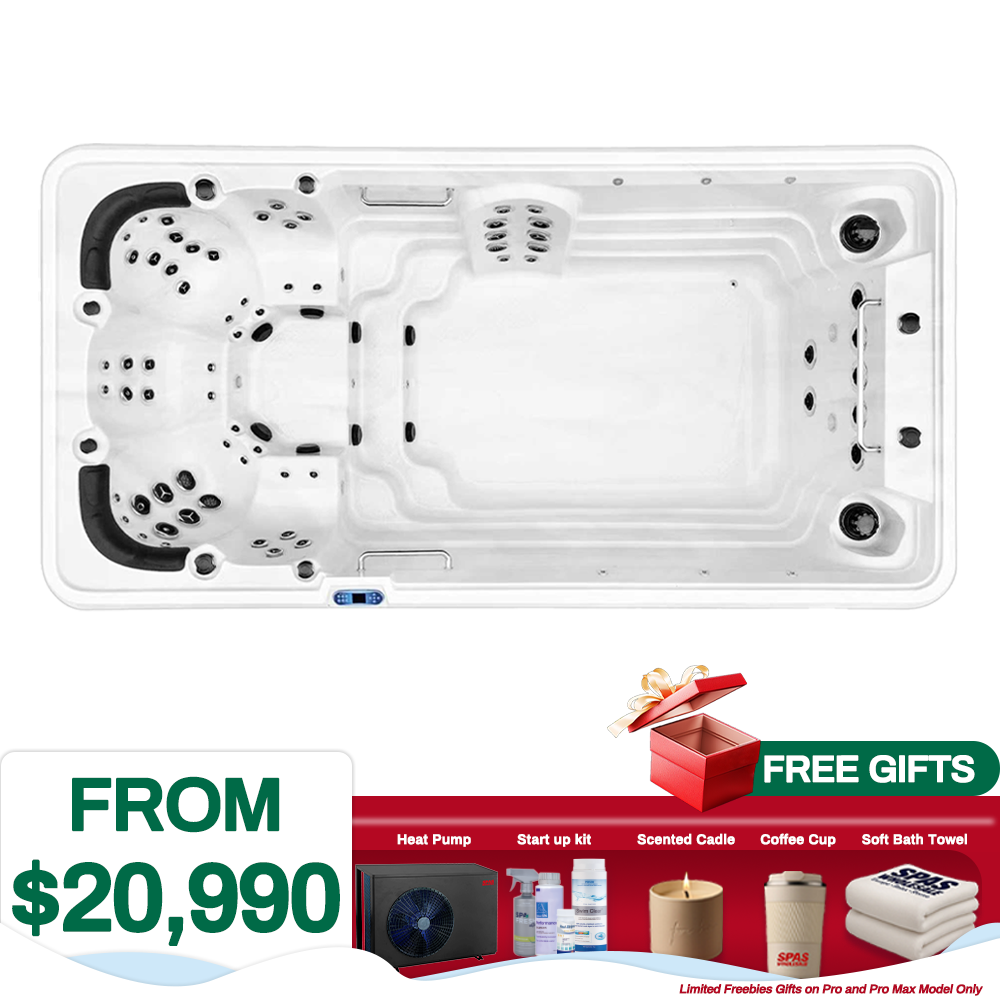

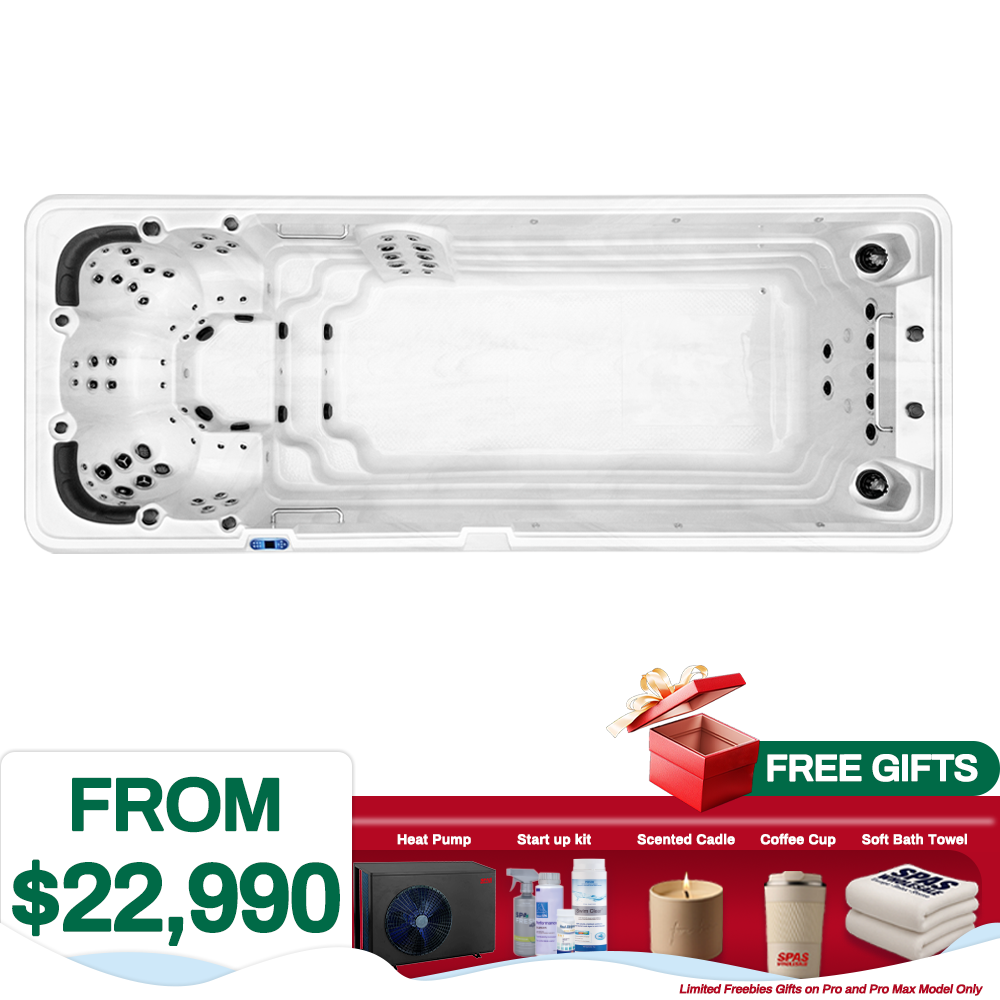
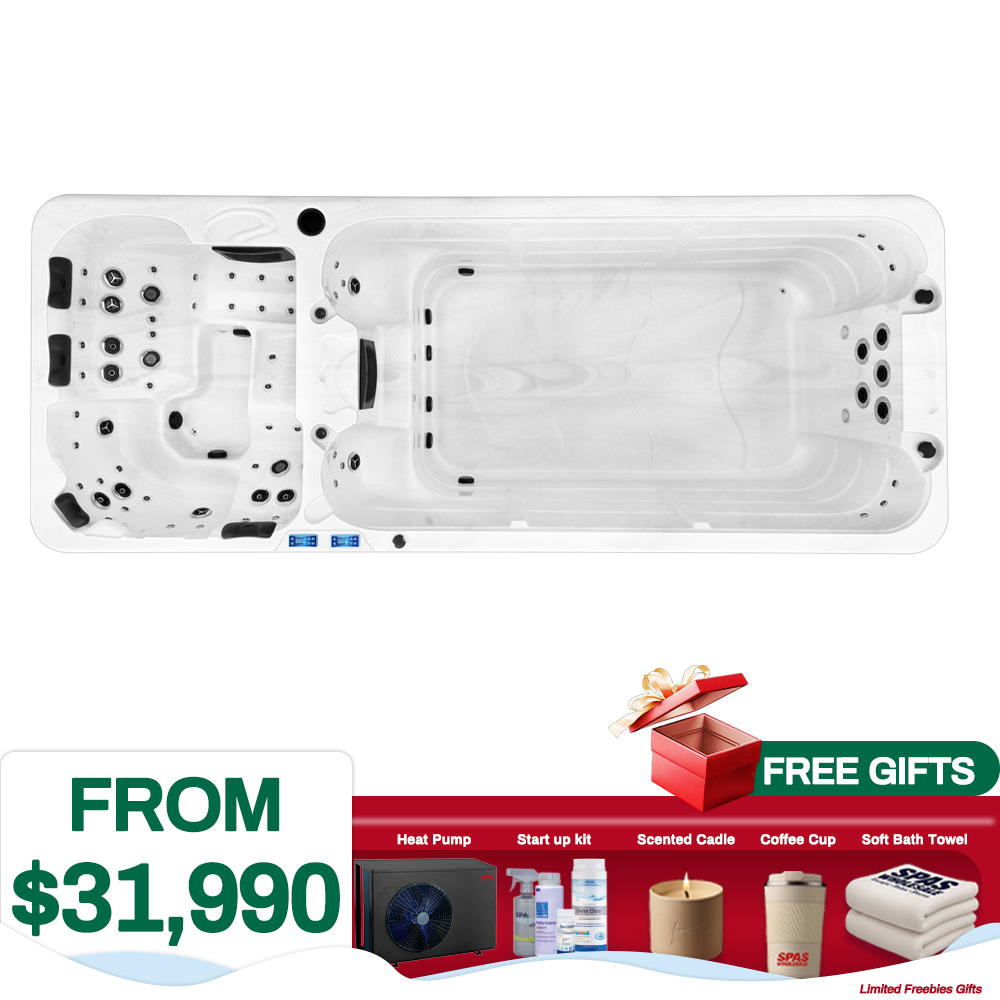
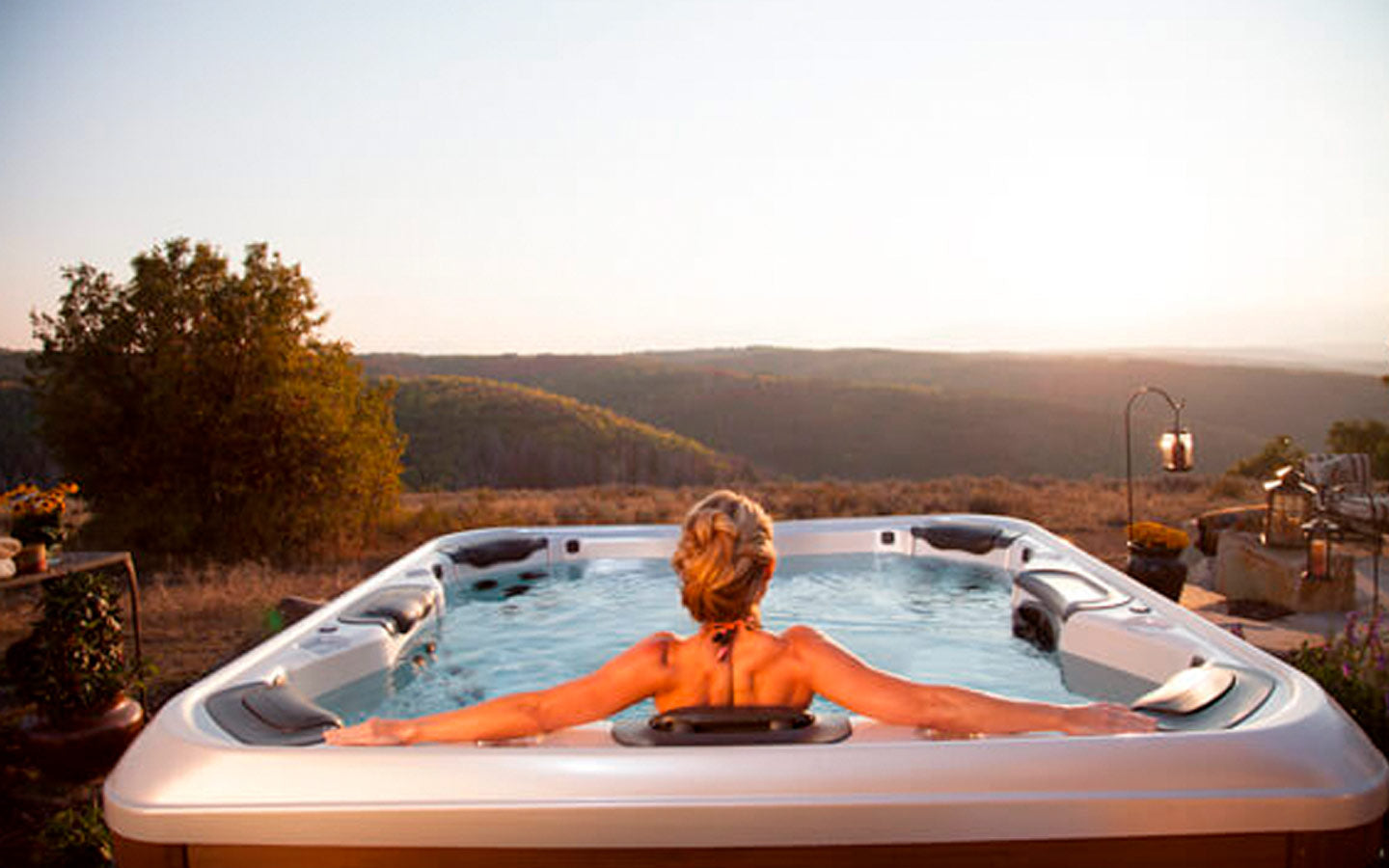

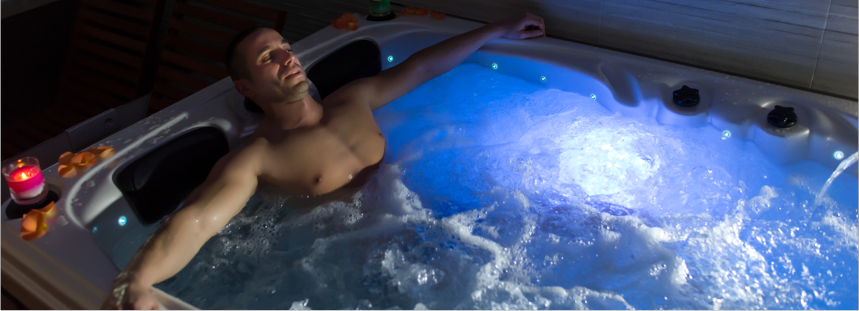
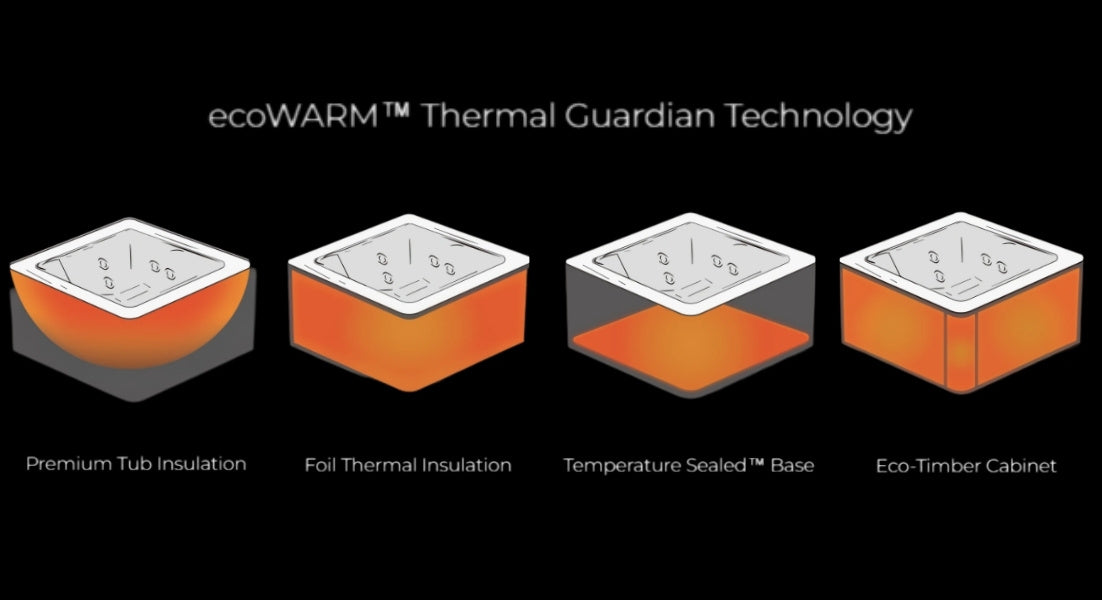
Share:
Can a Hot Spa Deliver the Same Results as Exercise?
Removing White Mold from Spas